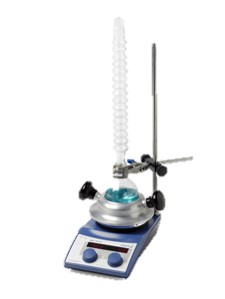This guest blog comes from Julie Allen, Energy Manager at King’s.
In June 2020, KCL (along with Arizona State University, Dublin City University and City University of Hong Kong) submitted a grant application to GCSO (Global Consortium of Sustainability Outcomes) for a proposal to create a Certification for Sustainable Kitchens – and we got the grant!
In March this year, our interim findings were published in the Journal of Cleaner Production, in a paper entitled ‘Mapping the Food Waste-Energy-Water-Emissions Nexus at Commercial Kitchens: a systems approach for a More Sustainable Food Service Sector.’
I’m a published Author!
To break it down, here is a little background.
I have many years of experience in the commercial catering sector. There are always efforts to address food waste, OR energy consumption, OR water consumption, but never anything to look at the whole life cycle of the food going through a commercial kitchen. So that’s what we did. Our role at King’s was to provide energy consumption data from King’s Kitchen (which is excellently managed!). We also had to manage the expectations of our colleagues in other universities, as there can be a huge difference between theory and practice.
The paper looks at the impact of food on the climate – from the water used to grow the food, the transportation carbon miles, the energy to grow and prepare it, the amount of waste generated (not only from food preparation but also packaging) – and an analysis of a particular meal from field to fork. It’s been a fascinating journey looking at how different countries, organisations and sectors produce and sell food, even down to expectations around metering (we were asked to meter each tap until I explained it would take the whole grant!).
It’s been a fantastic journey, which isn’t over yet – we’ve had an extension until December 2021, so watch this space for further developments!
If you have any further questions or want to get involved with King’s Energy, get in touch.

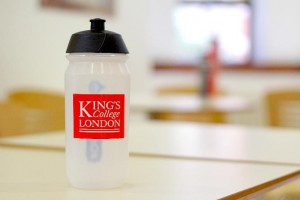
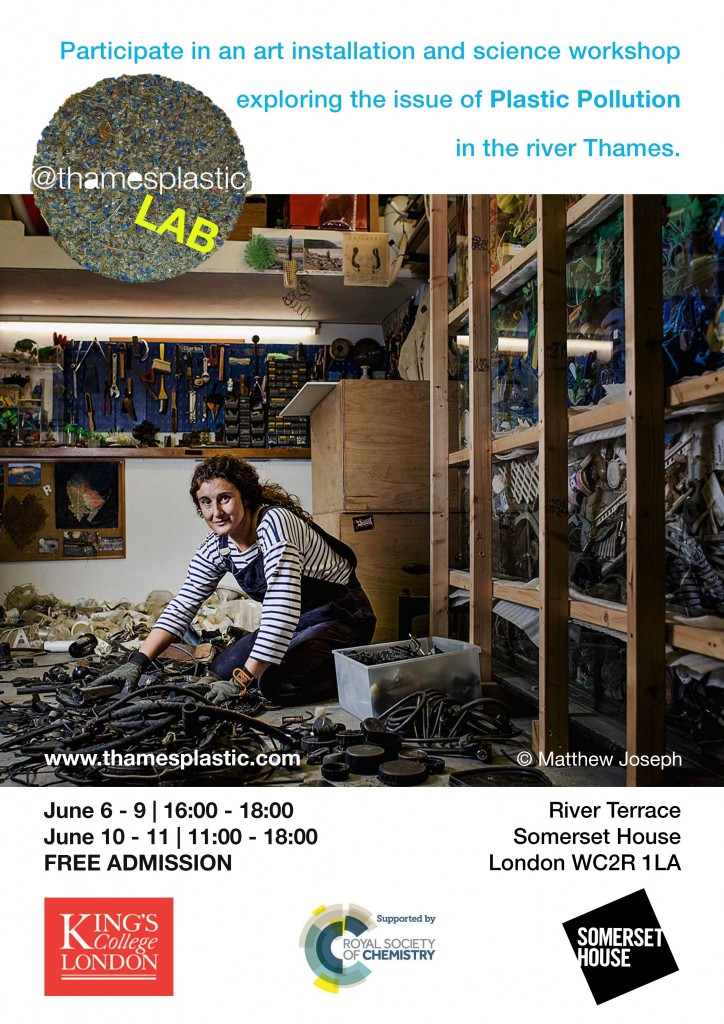
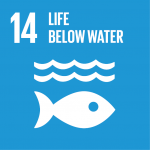
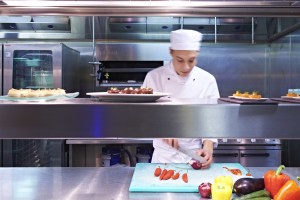
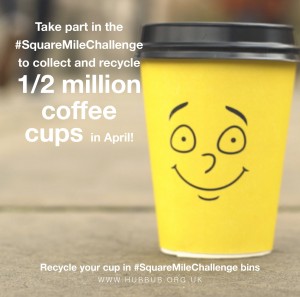
 Firstly thanks to everyone who contribute or came along to a fantastic Green Week. Our surveys showed there’s a desire to improve King’s food sustainability which we will discussing and as soon as solid plans are known we will make them public here and elsewhere.
Firstly thanks to everyone who contribute or came along to a fantastic Green Week. Our surveys showed there’s a desire to improve King’s food sustainability which we will discussing and as soon as solid plans are known we will make them public here and elsewhere.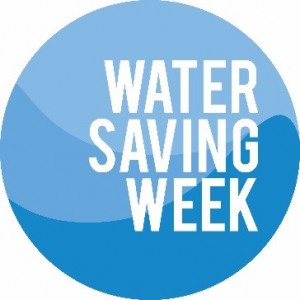 Water Saving Week
Water Saving Week